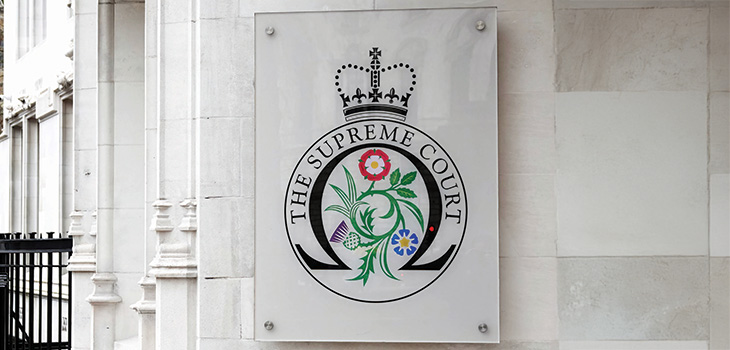
The court held that car dealers arranging finance were not fiduciaries and thus not liable for civil bribery when receiving commissions, since genuine fiduciary loyalty demands selfless commitment incompatible with commercial self-interest.
The companion ruling reaffirmed that fiduciaries who profit without informed consent must disgorge all gains, rejecting a ‘but-for’ causation test.
Together, the cases restore orthodox equity: only those accepting roles of exclusive loyalty bear fiduciary obligations, and profits made in breach must be surrendered regardless of causation. Young concludes that transparency and consent remain the bulwarks against allegations of secret commission or bribery.










